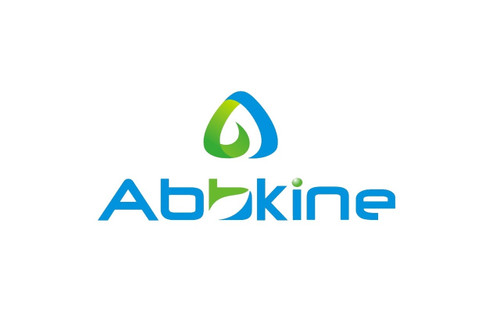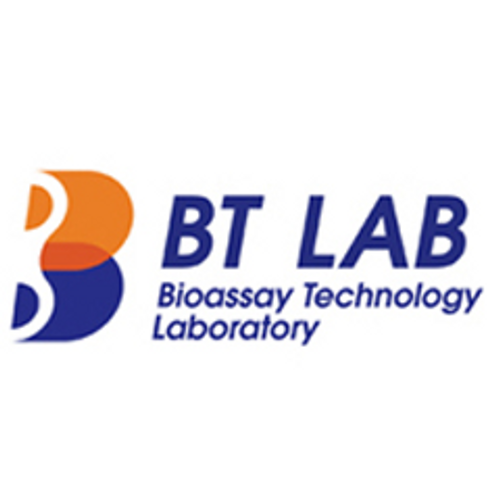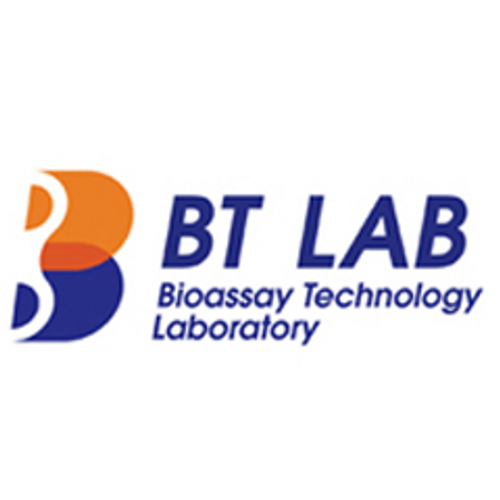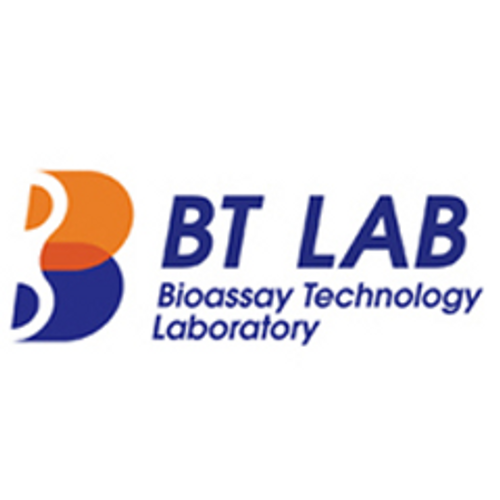Product Description
Rat Homocysteic acid (HCY) ELISA Kit | AE62775RA | Abebio
Species Reactivity: Rat (Rattus norvegicus)
Abbreviation: Hcy
Alternative Name: N/A
Application: ELISA
Range: Request Information
Sensitivity: Request Information
Intra-Assay: ≤5.1%
Inter-Assay: ≤10.2%
Recovery: 1, 01
Sample Type: Serum, Plasma, Other biological fluids
Detection Method: Sandwich
Analysis Method : Quantitive
Test Principale: This assay employs a two-site sandwich ELISA to quantitate Hcy in samples. An antibody specific for Hcy has been pre-coated onto a microplate. Standards and samples are pipetted into the wells and anyHcy present is bound by the immobilized antibody. After removing any unbound substances, a biotin-conjugated antibody specific for Hcy is added to the wells. After washing, Streptavidin conjugated Horseradish Peroxidase (HRP) is added to the wells. Following a wash to remove any unbound avidin-enzyme reagent, a substrate solution is added to the wells and color develops in proportion to the amount of Hcy bound in the initial step. The color development is stopped and the intensity of the color is measured.
Product Overview: Homocysteic acid, H03SCH2CH2CHNH2CO2H, promotes growth of hypophysectomized rats, assayed by observation of increased thickness of epiphyseal cartilage of the tibia and by observation of tail growth. Doses of homocysteic acid as low as 1 microgram per day for 4 days in the tibia assay and 2.5 milligrams per kilogram per day for 5 weeks in the tail assay were effective in promoting growth.Serum somatomedin activity, determined by the porcine cartilage disk assay, was also increased by homocysteic acid. These findings relate an area of sulfur amino acid metabolism to the physiological action of growth hormone, accelerated growth in homocystinuria, initiation of arteriosclerosis, and control of cellular growth.L-homocysteic acid (HCA) and other amino acids were conjugated to rat brain material ( extracted rat brain protein) with glutaraldehyde to form HCA- and amino acids-brain material con-jugates.
Stability: The stability of ELISA kit is determined by the loss rate of activity. The loss rate of this kit is less than 5% within the expiration date under appropriate storage condition. The loss rate was determined by accelerated thermal degradation test. Keep the kit at 37°C for 4 and 7 days, and compare O.D.values of the kit kept at 37°C with that of at recommended temperature. (referring from China Biological Products Standard, which was calculated by the Arrhenius equation. For ELISA kit, 4 days storage at 37°C can be considered as 6 months at 2 - 8°C, which means 7 days at 37°C equaling 12 months at 2 - 8°C) .
 Euro
Euro
 USD
USD
 British Pound
British Pound
 NULL
NULL












